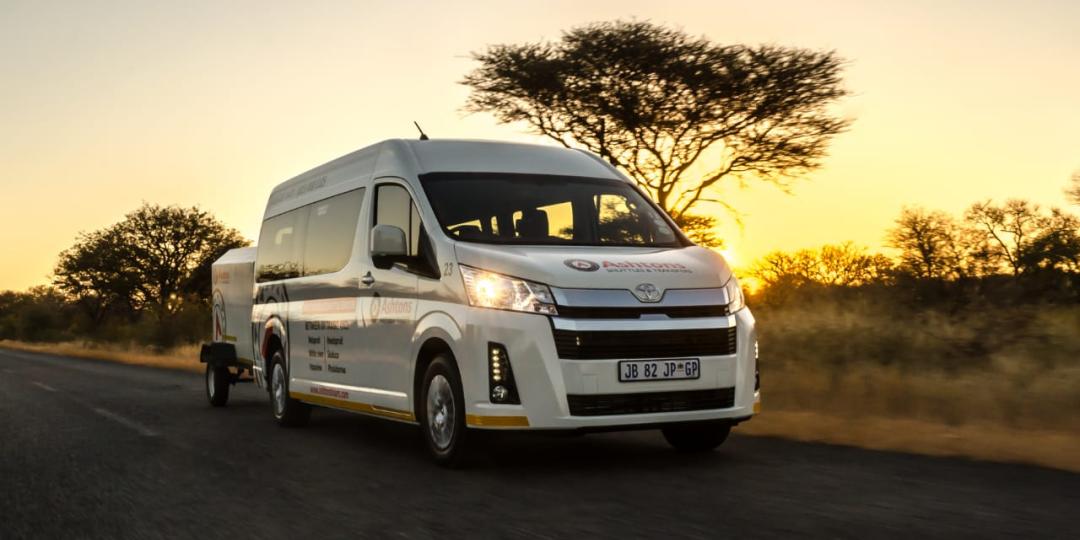Tourism is a petrol-price-sensitive product and escalating prices are hitting the South African industry and ground-based transport services hard.
Andrew Illes, CEO of Ashtons Tours, Safaris & Shuttles says: “Fuel is a massive component in our monthly operational expenditure, but passing the rising costs on to our clients is not a solution. We continually strive to find creative ways to limit our overall monthly expenditure and make our products more attractive to potential clients.”
As the cost of fuel has continued, on average, to escalate every year, the tourism sector will need to not only plan more effectively to weather the impact, but also come up with creative new ways to address what some call a burgeoning crisis.
With a clearly defined correlation between the price of fuel and the cost of travel and accommodation and other related tourism services, this is no easy task.
“We have to focus on keeping our seat rates as competitive as possible without compromising quality and service. If our seat occupancy is high then the damaging effect of a rising fuel price is limited, so we continue to focus on vital factors such as service, quality and price,” says Illes.
According to Mpho Mache, director of Tshuku Transport & Tours, it is often the unexpected price hikes that hit the hardest. “More often than not, we have already quoted a client and are then bound to that rate. As far as possible we try to absorb the fuel hikes so as to not increase our prices, however when there are a lot of hikes, unfortunately, there is not much else one can do but adjust pricing.”
Fanie van Zyl, managing director of SA Coach Charters & Tours, says it is with these unexpected changes in mind that most companies allow for a 5% variance on the fuel price.
“Obviously any huge increase can affect one’s bottom line, but there is no clear solution. We have to consider the tour operator, as they also work on margins as do their agents. Thus it remains contentious to force higher prices on operators.”
Unless stability is introduced when it comes to local fuel prices, the general impact of increases will be higher prices across the board. “Tourists who visit South Africa will continue to face rising prices as the average tourism company feels the impact on their bottom line,” explains Illes.
According to Tim Bouwers, managing director of Bobo Campers, in their industry the fuel price especially affects one-way fees. “Our fleet is taken by our drivers to depots in Johannesburg, Cape Town and Windhoek, and the current fuel prices put pressure on the one-way fees charged if a customer picks up in Johannesburg for instance and drops off in Cape Town,” he says. “One-way fee rates are determined about a year prior to implementation, making it difficult to accurately determine a suitable fee. As it stands, our one-way fees are too little, but at least cover most costs.”
Mache says open discussions with agents could play a role in limiting the impact of fuel price hikes. “With enough business coming from an agent it becomes easier to discuss the impact and come up with ways of waiving the impact of some of the hikes whilst not having to increase rates for the traveller.”
While the exchange rate does act as a buffer of some sort, government subsidies could make a huge difference. “Our neighbouring countries pay less for fuel, thanks to government subsidising fuel costs. If we were that lucky and paid less, we could, in turn, lower rates charged to clients,” says Mache.























